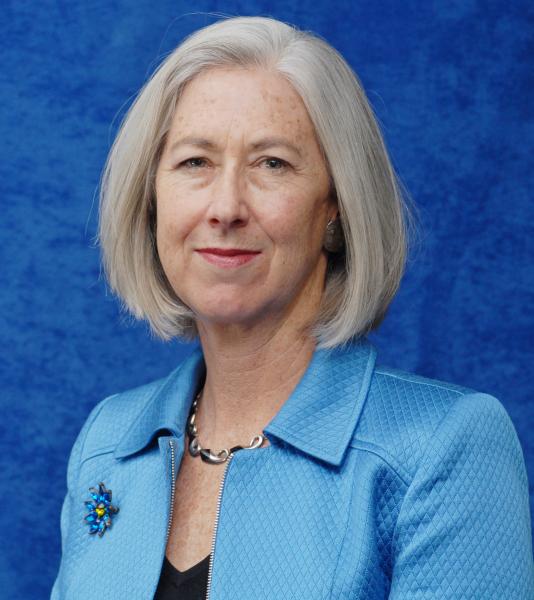Full Disclosure: Universities Should Make Ghostwriting Disappear

Academic authorship can be complicated.
Often no one hand is fully responsible for a journal article, hence the inclusion of multiple authors on nearly every paper. A graduate student may have spent substantial time on the project and written the first draft only to end up with a mention in the acknowledgments at the end of the paper. This graduate student defense is one often offered up by the medical communications companies that hire ghostwriters and the academic researchers who sign their names to papers that the ghostwriters have written.
 Before the paper is even in the planning phase, researchers need to step back and ask themselves some basic questions about what is driving the publication. As McGill University found with its recent ghostwriting scandal, professors may claim to be clueless about a ghostwriter's aims. Academic centers need to do a better job of holding their faculty accountable.
Before the paper is even in the planning phase, researchers need to step back and ask themselves some basic questions about what is driving the publication. As McGill University found with its recent ghostwriting scandal, professors may claim to be clueless about a ghostwriter's aims. Academic centers need to do a better job of holding their faculty accountable.
For some ideas on what schools could do differently, I asked one of the smartest writers on the topic, Shannon Brownlee, the author of Overtreated: Why Too Much Medicine Is Making Us Sicker and Poorer. She had a pretty powerful prescription. Here it is, in her own words:
Ghostwriting is such a blatant violation of academic integrity I don't know how universities can tolerate it and hold up their heads. The solution is simple: don't allow it. Other financial conflicts of interest have somewhat more complex solutions.
If I were conflict-of-interest czarina for a day, my first edict would be that academic researchers who conduct trials sponsored by pharmaceutical companies or device makers could have no "outside" financial arrangements. This means no consulting fees, speaking fees, or anything else. Period. If you want to make more money, go work for pharma directly.
But even without these kinds of soft-money entanglements, academic-industry relationships are fraught with trouble.
The best model thus far is the grant Medtronic is giving to Yale for Dr. Harlan Krumholz to do a study on the safety of one of its spinal fusion products.
Krumholz has total control over the design of the study, analysis, results and publication. The company has agreed to make available all data from all studies, published and unpublished. This is an unprecedented degree of openness on the part of the company, and control by the academic researchers. The one fly in this seemingly smooth ointment is the data itself. How will Krumholz know if the company withholds a study or two?
This is a problem that goes beyond Medtronic and Yale. The clinical trial registry relies on corporate honesty and good behavior. Even the FDA can't be relied upon to release all relevant data if a company has deemed it a "trade secret," a term that covers a lot of ground.
Deaths can be deemed proprietary and off limits to outside researchers, including those who try to mine FDA databases. Traci Johnson was such a death. Eli Lilly withdrew its application to the FDA, allowing it to bury data from the healthy volunteer Cymbalta trial in which Johnson died.
Here's a modest proposal: a blinded pool of research dollars, to which pharma and device makers would be required to contribute. Academic institutions and researchers could compete for funds for studies on the basis of the importance of the questions they're asking. Studies needed for FDA approval could also be conducted by academic researchers, but there needs to be a way to ensure that the research is conducted far more independently than much of it is being done today.
The idea here is we should stop squandering human subjects on marginal science. Nobody needs to run yet another phase IV "experimercial" seeding trial that looks at atypical antipsychotics in the elderly and that's underpowered for harm and doesn't ask a clinically relevant question.
If an academic researcher is caught receiving payments outside of these guidelines, universities should have the ability to discipline them in a meaningful way. If they are caught signing their name to work that was written with significant help from a pharmaceutical company or device maker – even if the "ghostwriter" is named in the acknowledgments – they should be prevented from submitting an article under the auspices of the university for a certain period of time. Unless there are consequences, this is a problem that is not going away.
For more posts in my Full Disclosure series, click here. Questions or feedback? Leave your comment below or write askantidote@gmail.com. You can also follow me on Twitter: @wheisel.
Photo credit: Gabriel Millos via Flickr

